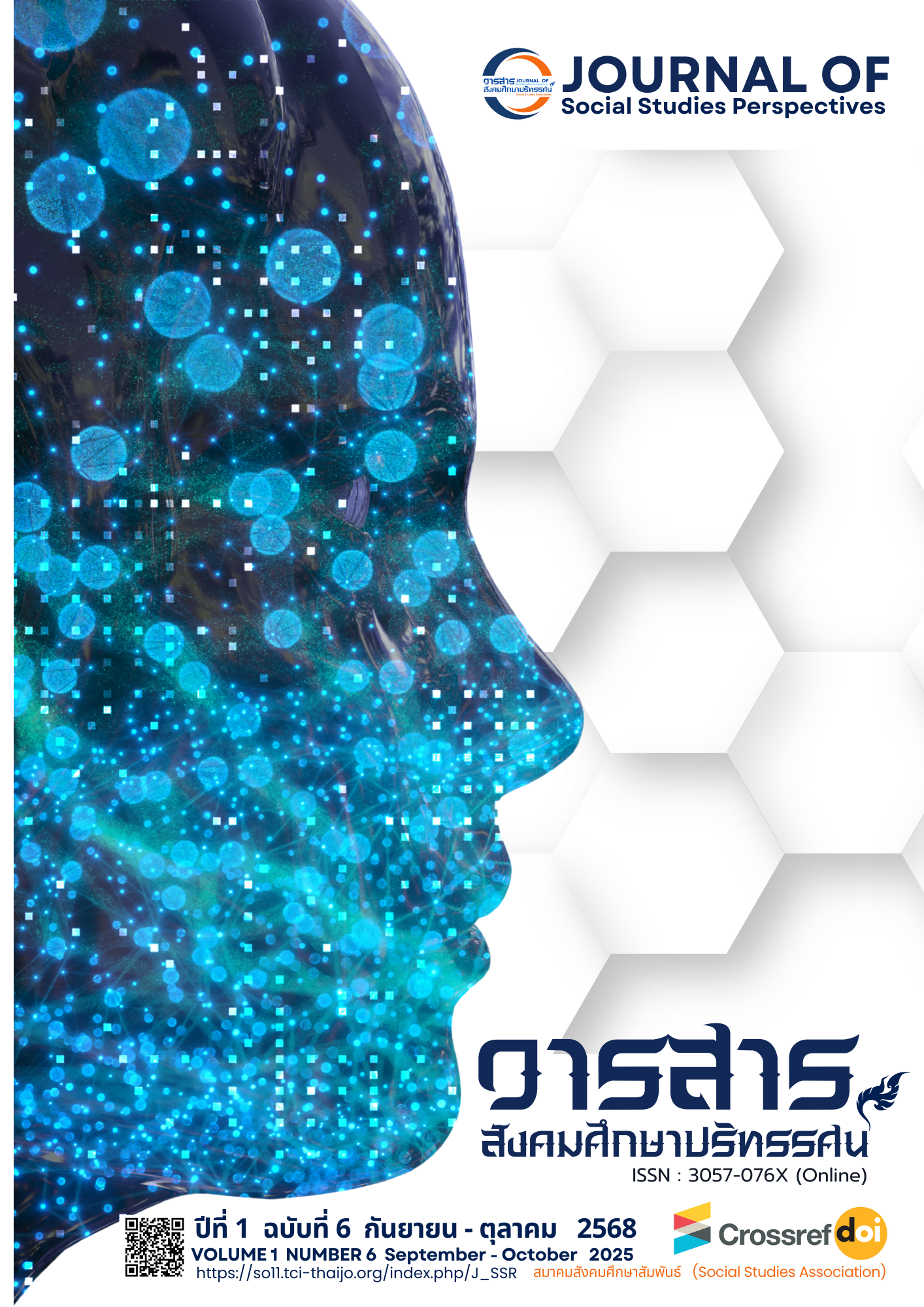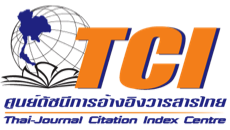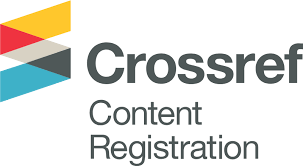พัฒนาผู้บริหารและครู : สู่การสร้างโรงเรียนมาตรฐานสากล
DOI:
https://doi.org/10.64186/jsp1810คำสำคัญ:
การพัฒนาผู้บริหาร, โรงเรียนมาตรฐานสากล, การศึกษาคุณภาพบทคัดย่อ
บทความวิชาการนี้มีวัตถุประสงค์เพื่อศึกษาการพัฒนาผู้บริหารและครูในประเทศไทย เพื่อส่งเสริมการสร้างโรงเรียนที่มีมาตรฐานสากล ซึ่งเป็นกลไกสำคัญในการยกระดับคุณภาพการศึกษาให้เท่าทันต่อการเปลี่ยนแปลงของโลกยุคใหม่ โดยเน้นการพัฒนาผู้บริหารให้มีวิสัยทัศน์ ทักษะการบริหารจัดการที่ทันสมัย และความสามารถในการขับเคลื่อนองค์กรอย่างมีประสิทธิภาพ พร้อมกับการพัฒนาครูให้มีความสามารถด้านวิชาชีพ การสอนที่เหมาะสม และการใช้เทคโนโลยีอย่างมีประสิทธิผล เพื่อให้นักเรียนได้รับการศึกษาที่มีคุณภาพและสามารถปรับตัวได้ในโลกดิจิทัล นอกจากนี้ยังให้ความสำคัญกับการปรับปรุงหลักสูตรให้สอดคล้องกับมาตรฐานสากล การใช้เทคโนโลยีในการประเมินผลการเรียนรู้ และการสร้างความร่วมมือระหว่างโรงเรียน ชุมชน และภาคส่วนต่าง ๆ เพื่อเสริมสร้างโอกาสในการพัฒนาอย่างยั่งยืน ดังนั้น การพัฒนาโรงเรียนให้มีมาตรฐานสากลจึงต้องอาศัยการมีส่วนร่วมจากทุกภาคส่วนเพื่อยกระดับระบบการศึกษาให้ตอบสนองต่อความต้องการของสังคมในอนาคต
เอกสารอ้างอิง
Bradshaw, T. (2021). Technology and assessment: Modern approaches for modern classrooms. Bangkok: EdTech Solutions.
Boonsatorn, W. (2020). [In Thai: Title of the work, translated if available].
Ditpraphon, W. (2024). [In Thai: Title of the work, translated if available].
Hattie, J. (2009). Visible learning: A synthesis of over 800 meta-analyses relating to achievement. Routledge.
Intaramanee, S. (2019). Curriculum development for global citizenship education. Bangkok: Thai Academic Press.
Khandech, N. (2022). [In Thai: Title of the source, translated if possible].
Machek, P. (2022). [In Thai: Title of the work, translated if available].
Mongkolvanich, J. (2012). [In Thai: Title of the work]. Bangkok: Ministry of Education.
Mullis, I. V. S., Martin, M. O., Foy, P., & Hooper, M. (2016). TIMSS 2015 international results in mathematics. TIMSS & PIRLS International Study Center, Boston College.
Namwong, K. (2023). [In Thai: Title of the work, translated if available].
OECD. (2018). The future of education and skills: Education 2030. OECD Publishing. https://www.oecd.org/education/2030-project/
Office of the Basic Education Commission. (2021). Roles of school administrators in educational quality development. Bangkok: Ministry of Education.
Office of the Education Development Fund. (2021). Educational innovation and curriculum design for international-standard schools. Bangkok: Ministry of Education.
Pakothang, J. (2019). [In Thai: Title of the source, translated if possible].
Phaokanta, T. (2022). Teacher adaptability and innovation in 21st-century education. Chiang Mai: Knowledge Center.
Phengsang, M. (2023). [In Thai: Title of the work, translated if available].
Phonprasan, S. (2023). School leadership in the global era. Bangkok: Educational Vision.
Pasi, R. J. (2009). Why we need to teach the whole child: Educational leadership and moral development. ASCD.
Rungarunsaengthong, S. (2018). Community-based education development in Thailand. Nakhon Pathom: Mahidol University Press.
Somanakup, T. (2019). [In Thai: Title of the work, translated if available].
Srichan, K. (2022). Stakeholder perspectives in education reform. Khon Kaen: Isan University Press.
Sutthiyano, P. (2023). Modern pedagogy and international teaching practices. Ubon Ratchathani: Education for Change.
UNESCO. (2014). Shaping the future we want: UN Decade of Education for Sustainable Development (2005–2014) final report. UNESCO Publishing.
UNESCO. (2015). Education for sustainable development: Learning to live together. UNESCO Publishing.
ดาวน์โหลด
เผยแพร่แล้ว
รูปแบบการอ้างอิง
ฉบับ
ประเภทบทความ
หมวดหมู่
สัญญาอนุญาต
ลิขสิทธิ์ (c) 2025 วารสารสังคมศึกษาปริทรรศน์

อนุญาตภายใต้เงื่อนไข Creative Commons Attribution-NonCommercial-NoDerivatives 4.0 International License.
บทความนี้ได้รับการเผยแพร่ภายใต้สัญญาอนุญาต Creative Commons Attribution-NonCommercial-NoDerivatives 4.0 International (CC BY-NC-ND 4.0) ซึ่งอนุญาตให้ผู้อื่นสามารถแชร์บทความได้โดยให้เครดิตผู้เขียนและห้ามนำไปใช้เพื่อการค้าหรือดัดแปลง หากต้องการใช้งานซ้ำในลักษณะอื่น ๆ หรือการเผยแพร่ซ้ำ จำเป็นต้องได้รับอนุญาตจากวารสาร










